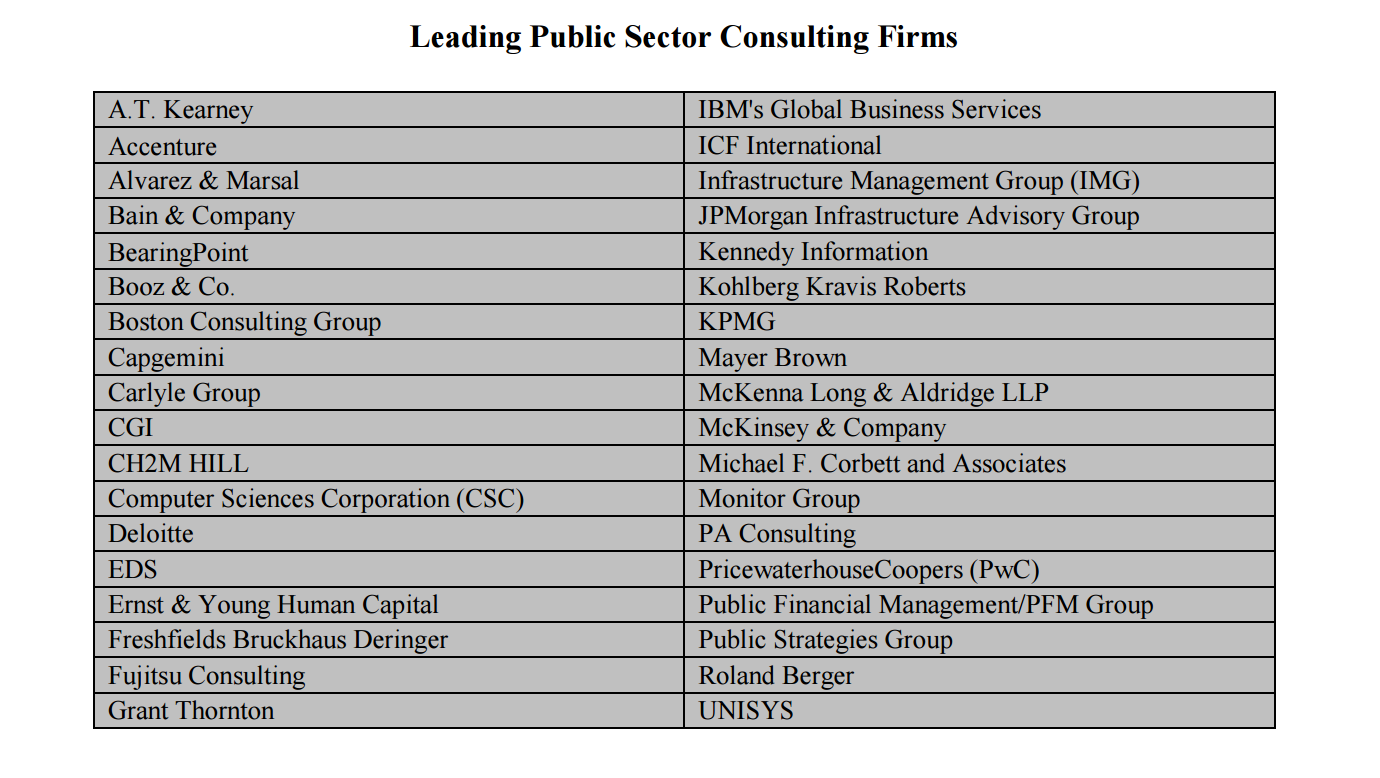
A profitable financial planning firm can be started from anywhere, no matter where you live. But you need to have a place for clients and meetings. Financial planners are starting to embrace the idea of a fully-service office rent model. It can save you time and money, as well provide a fully furnished office. Here are some things to consider when you start a financial planning firm.
Profitability
One important metric of a financial planning business is its profitability. This number measures the income generated relative to total expenses. A company is more profitable than the average if it has a higher profitability ratio. A company's efficiency is also an important factor in its profitability. A company that is more efficient will produce higher profits as a percentage their total expenses. You can also use a budget to determine the profitability of a particular project.
Risques
There are risks to any business. A common example is the risk of losing money due to unforeseen circumstances. These include market volatility and increases in raw material and interest rates. Debt repayments can be negatively affected by fluctuations in the exchange rate. Credit risk also exists, which is the possibility that a customer won't pay for the services they have received. Customers who lend money can face this risk.
Qualifications
There are some qualifications you need to have your own financial planning company if you have always wanted it. Among the most common qualifications are a college degree and the CFP credential. This credential shows financial planning expertise. Candidates must have a bachelor’s degree, three years relevant work experience, pass CFP exams, and sign an ethics code. The BLS predicts that personal financial planners will experience a slower rate of growth in the next decade. According to the BLS, job openings are most likely when financial planners have retired or changed jobs.

Financial planning business purchase
A number of factors may make buying a firm in financial planning attractive. A potential buyer might be an existing, mid-sized financial planning practice. They might want to "tuck into" an existing business and grow together. However, the process of transitioning clients can be difficult, particularly if there are conflicts between the owner's philosophy and the new one's. These are five reasons you should consider purchasing a financial planning company.
FAQ
How do you choose a consultant to help me?
There are three main factors to consider:
-
Experience - How many years of experience is this consultant? Are they a beginner, intermediate, expert, or some other level? Does her resume demonstrate that she has the required skills and knowledge
-
Education - What did this person study in school? Did he/she go on to further education after graduation? Do we see any evidence of this learning in the way he/she writes?
-
Personality - How do we feel about this person? Would we prefer him/her working for us?
-
These questions will help us determine if the consultant is right to meet our needs. If you do not have the answer, it is worth interviewing the candidate to find out more.
What skills are required for consulting?
Strong interpersonal and analytical skills are essential for consultants. This is because you could be asked questions or not know what you are doing. You will need to learn how you manage people and solve problems quickly.
Communication skills are essential. Clients expect a response within 24 hours. If they don't hear back from you, they assume you aren't interested. It is crucial that you keep them up to date and make sure they know what's happening.
How is consulting different from freelancing
Freelancers are individuals who work for themselves and offer their services to clients. They typically charge hourly rates based on time spent working on a client's project. Consultants usually work for agencies or companies that employ them. They are often paid monthly or annually.
Consultants have less flexibility than freelancers because they can control their work hours, and set their own prices. Consultants, however, often have better benefits such as retirement plans, vacation days, and health insurance.
What can I expect from my consultant?
Once you select your consultant, you should expect to hear back from them within a few days. They will ask you for information about your business, including the mission, goals, products, and budget. Next, they'll provide a proposal describing the scope and estimated time frame, fees, deliverables or milestones, as well as an estimate of costs.
If everything is in order, then the parties will enter into a written contract. The terms of the contract will depend on the type of relationship between the two parties (e.g., employer-employee, employer-independent contractor).
If everything goes well, the consultant should start work immediately. The consultant will have full access to your files and resources. You'll also have access to their skills and knowledge.
You shouldn't assume, however, that every consultant is an expert in all areas. It takes practice, effort and practice in order to be an expert in any area you consult. Your consultant should not assume that they know everything about you business.
Statistics
- My 10 years of experience and 6-step program have helped over 20 clients boost their sales by an average of 33% in 6 months. (consultingsuccess.com)
- On average, your program increases the sales team's performance by 33%. (consultingsuccess.com)
- 67% of consultants start their consulting businesses after quitting their jobs, while 33% start while they're still at their jobs. (consultingsuccess.com)
- Over 62% of consultants were dissatisfied with their former jobs before starting their consulting business. (consultingsuccess.com)
- Over 50% of consultants get their first consulting client through a referral from their network. (consultingsuccess.com)
External Links
How To
What is a typical day for a consultant?
Your work type will determine the length of your day. But, in general, you will spend your time researching, planning and meeting new clients.
Meetings are a common way to discuss problems and issues with clients. These meetings can be conducted over the phone, by email, face-to-face, or online.
Also, proposals are documents that outline your ideas or plans for clients. These proposals should be discussed with a mentor or colleague before being presented to clients.
After all the preparation, you'll need to start creating content. You could write articles, design websites, edit photos or conduct interviews.
Depending on the scope of the project, you may need to do some research in order to gather relevant statistics or figures. For example, you may need to find out how many customers you have and whether they are buying more than one product or service.
Once you have collected enough information, it's now time to present the findings to your clients. Your findings may be delivered orally, or written.
After the initial consultation, it is important to follow up with clients. You might contact them regularly to check on their progress or send them emails to confirm they have received your proposal.
Although it takes time, this process is worth it. It's also important to keep your eyes on the prize and maintain good relations with clients.